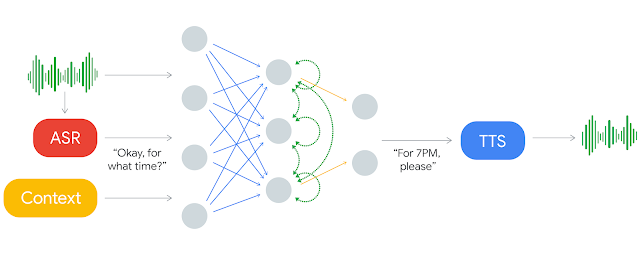This is a great story on a Savannah police officer who left the C.I.A. to help make his own neighborhood a better place, forgoing a large salary to do so. He’s a thinking cop who, rather than always reach for his gun, applies thinking to each situation to reach the best outcome.

Georgia’s law-enforcement-training program does not teach recruits to memorize license plates backward in mirrors. Like many of Skinner’s abilities, that skill was honed in the C.I.A. He joined the agency during the early days of America’s war on terror, one of the darkest periods in its history, and spent almost a decade running assets in Afghanistan, Jordan, and Iraq. He shook hands with lawmakers, C.I.A. directors, the King of Jordan, the Emir of Qatar, the Prime Minister of Singapore, and Presidents of Afghanistan and the United States. “I became the Forrest Gump of counterterrorism and law enforcement,” he said, stumbling in and out of the margins of history. But over the years he came to believe that counterterrorism was creating more problems than it solved, fuelling illiberalism and hysteria, destroying communities overseas, and diverting attention and resources from essential problems in the United States.
Meanwhile, American police forces were adopting some of the militarized tactics that Skinner had seen give rise to insurgencies abroad. “We have to stop treating people like we’re in Fallujah,” he told me. “It doesn’t work. Just look what happened in Fallujah.” In time, he came to believe that the most meaningful application of his training and expertise—the only way to exemplify his beliefs about American security, at home and abroad—was to become a community police officer in Savannah, where he grew up.
Source: The Spy Who Came Home | The New Yorker








